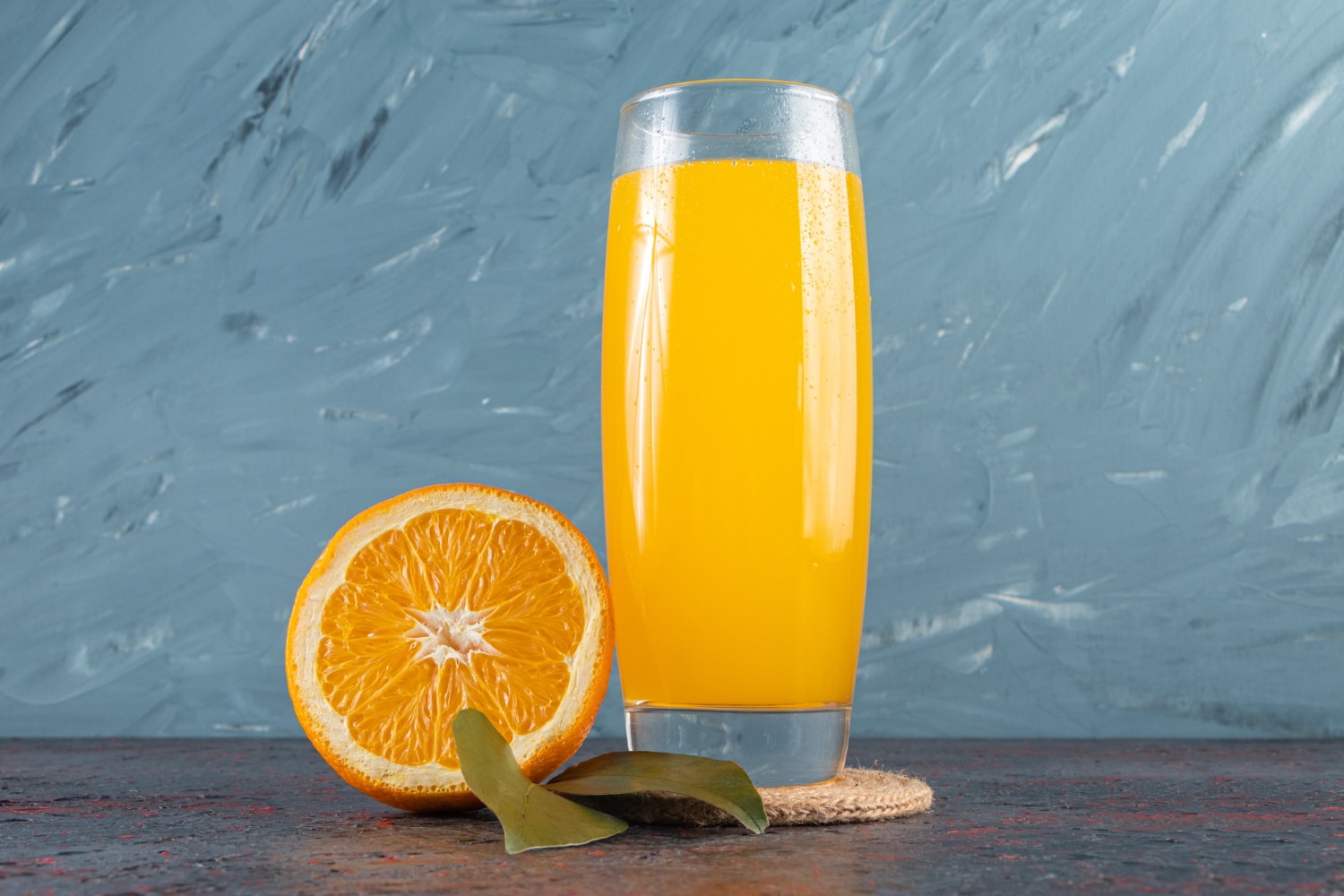Heartburn refers to an often painful sensation where stomach contents rise to the throat area before going down again. Heartburn usually deposits a small amount of stomach acid or sometimes bolus in the mouth, and you can taste the bitterness from the stomach acid immediately.
The severity of the symptoms varies, and for the most part, heartburn occurs when you have large portions of food at mealtime or if you don’t chew your food correctly and larger chunks of food cause the stomach to move more quickly than usual.
People who experience heartburn complain of pain and more refluxes when they are lying down, which is why you must place a few more pillows for your head when you rest, so gravity does its thing, and you won’t have issues with stomach acid going up again. But then again, if the root cause of reflux is not addressed, then it’s possible that you will experience the reflux repeatedly over weeks or months.
Now, when you have issues swallowing food (or just trying to eat), the heartburn may be part of a much more severe medical condition, and you have to get checked out urgently.
Is Orange Juice Bad for Heartburn?
Some foods and beverages are known to trigger heartburn in teenagers and adults. According to experts, this condition affects as many as 60 million Americans every year. This being the case, it is critical for those with hyperacidity and heartburn to know which beverages and food items are more likely to trigger the condition.
In orange juice, it appears that orange juice can very likely trigger heartburn right after drinking the beverage. In one study that involved 382 individuals diagnosed with heartburn, a whopping 67% of the total number of respondents experienced heartburn symptoms after consuming orange juice. In a second study from another institution, 73% of the respondents diagnosed with heartburn experienced it after taking orange juice. The tricky thing here is that it remains unclear why citrus fruits and citrus juices trigger heartburn in the first place.
Does Oranges Juice Cause Acid Reflux?
Yes, both oranges and orange juice can cause acid reflux. Citrus fruits, in general, can trigger acid reflux or heartburn. While it remains unclear why this should be the case since citrus fruits are neither spicy nor fatty, the phenomenon does happen, and this is undoubtedly a cause for concern to many people who suffer from acid reflux.
As we have mentioned earlier, orange juice, in particular, can cause reflux in more than 60% of individuals who have already been diagnosed with acid reflux disease. So, if you are hyper-acidic and, as a result, you suffer from acid reflux frequently, it would be a good idea to steer clear of orange juice and other acidic beverages.
Also, it might be a good idea to begin therapy for your stomach so that it can regulate itself again and, in the process, you won’t have to suffer from acid reflux any time soon.
Some people suffer from heartburn because they have low acid in their stomachs. This condition can paradoxically trigger heartburn, which is conventionally associated with having too much stomach acid. If you have been diagnosed with having too low stomach acid, you may try using lemon water to treat the issue. Lemons are rich in ascorbic acid, and they do help with weight loss efforts because they keep you feeling full and hydrated. The low amount of ascorbic acid in lemon water may help regulate your stomach and obstruct any refluxes that may be forthcoming.
In general, though, if you don’t know what is causing the refluxes, it would be best to steer clear of acidic, salty, sweet, and spicy foods. Apart from the flavors, there is also a good amount of evidence showing that eating fatty food can trigger reflux.
What Do Other Drinks Cause Heartburn?
When a food or beverage increases the likelihood of something medical happening, we call that food or drink a trigger. Heartburn has many potential triggers, and it’s essential to know which ones you should stay away from.
- Naturally acidic beverages – Orange juice and other juices (whether commercially prepared or not) are known to trigger heartburn in people. If you love drinking juices, you may want to get a comprehensive therapy plan for your hyperacidity first before you start drinking your usual amounts of fluids at home. Otherwise, you may suffer from the same set of symptoms repeatedly, and the disease may progress steadily if you do not medicate.
- Carbonated beverages – Whether it’s colored or sugar-free or traditional full-sugar soda, all of these beverages are known to cause some degree of hyperacidity. Doctors also believe that gastric distension, or the stomach expansion because of the carbonation, is another reason carbonated drinks can trigger hyperacidity and eventually acid refluxes.
- Chocolate drinks – Apart from dairy, which can already trigger an upset stomach in people with lactose intolerance, the main ingredient of these beverages, chocolate, has been known to stimulate the digestive tract in the wrong way in some situations.
Chocolate is known to relax the sphincter or the control valve that prevents the stomach contents from spilling back to the mouth. If you eat or drink enough chocolate, the effect may be more pronounced and prolonged, which means the hyperacidity and reflux will be more protracted and more painful. - Coffee – While some people need to drink five to ten cups of coffee per day to stay awake (and not cranky), coffee and other caffeine-containing beverages are also known for triggering acid reflux in men and women.
If you are dependent on caffeine but at the same time you feel the bloating and refluxes, you may cut down your consumption to single-ounce servings four times a day. If you go into that zone where you are having six cups per day or more, your symptoms may worsen over time.

